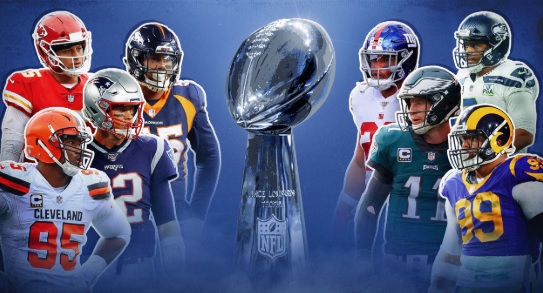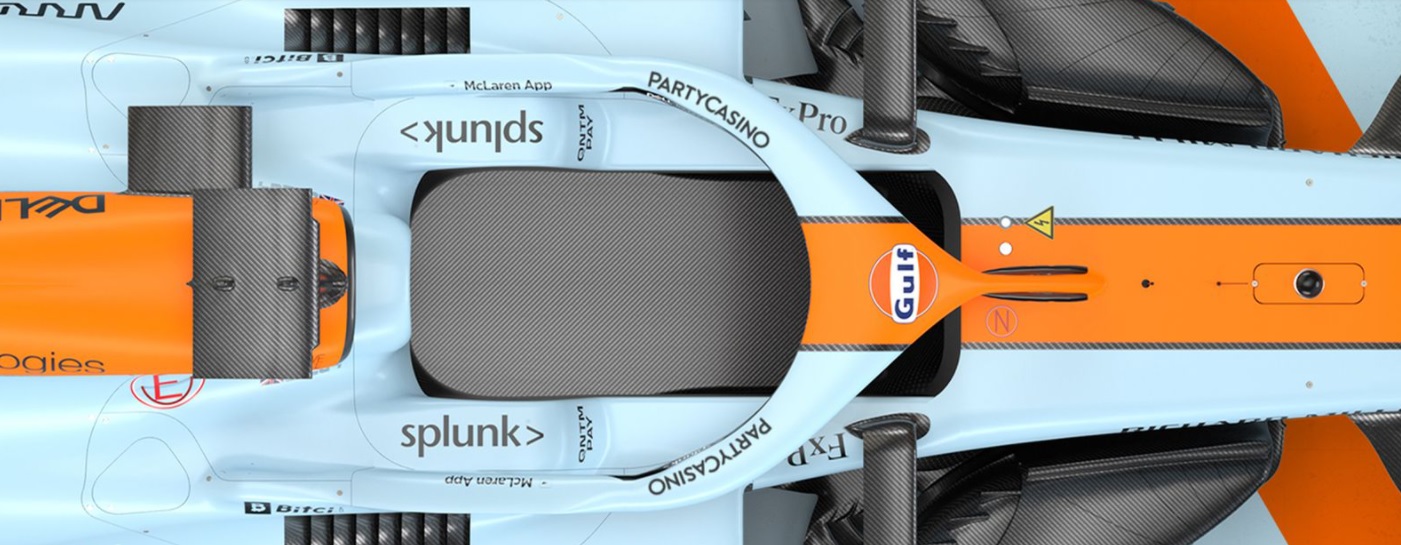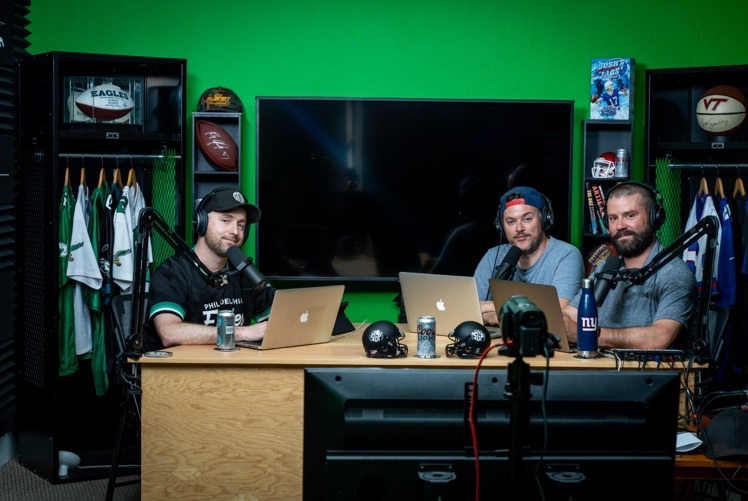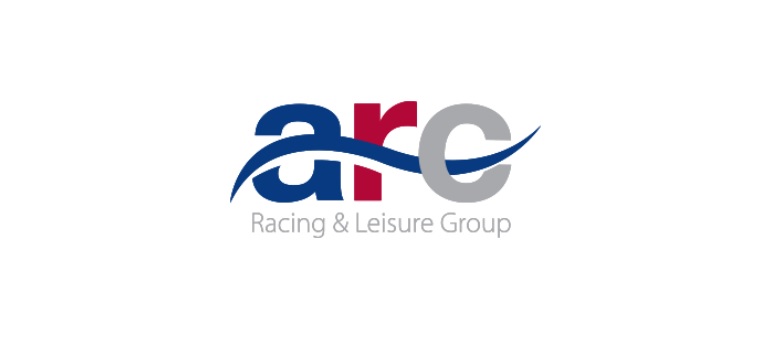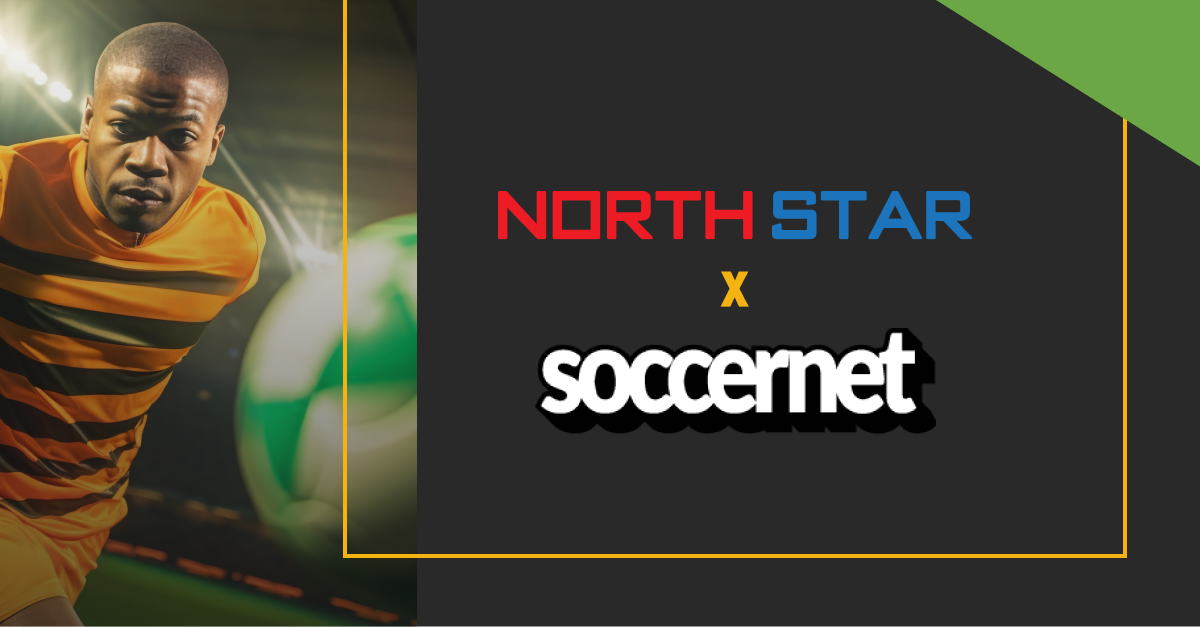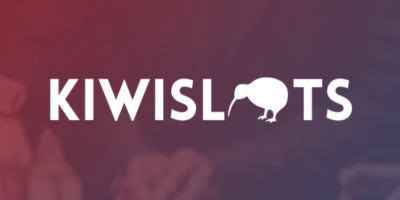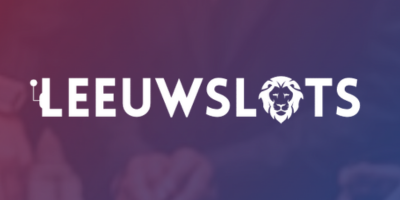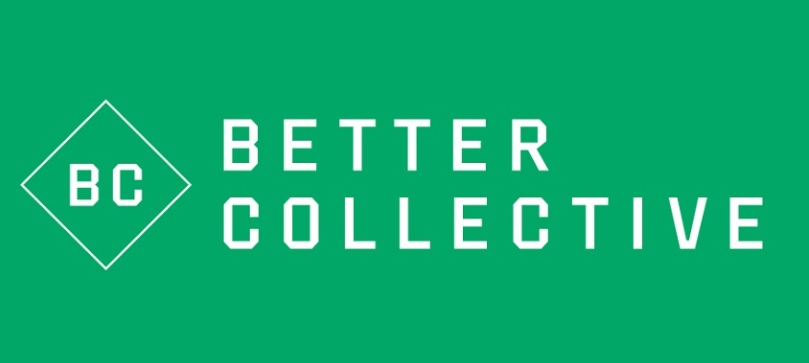Entain PLC, the owner of powerhouse UK betting brands, including Ladbrokes and Coral, has now ditched its betting exchange Betdaq, which it sold back to Dermot Desmond last week.
A brief history of Betdaq
In 2000, Irish businessman Dermot Desmond founded the Global Betting Exchange (GBE) with a vision to create a platform where punters could bet against each other. From GBE, the sports betting exchange Betdaq was launched in 2001.
A few sponsorship deals, including one with Celtic FC and another with Kempton Park Racecourse, saw Betdaq firmly establish itself as the second-largest online betting exchange behind Betfair by 2013, albeit with only a 7% market share. Still, this was enough to entice betting giant Ladbrokes to buy the Global Betting Exchange and its assets for €30m from Desmond in the same year.
Despite being backed by Ladbrokes, Betdaq has never got on par with Flutter Entertainment’s Betfair. It’s tinkered with various promotions, such as offering 0% commission, but most have only resulted in a temporary bump up in users, with nothing sustained. Added to that, Betfair and Paddy Power formed a majority merger, which added hefty marketing power to help keep Betfair at the head of the pack.
What is a betting exchange?
Betting exchanges were meant to revolutionise the gambling industry, and while they have to a degree, we can’t say they’ve toppled the big bookies, like some thought they might. In a nutshell, a betting exchange is a peer-to-peer wagering platform. Punters bet against each other instead of betting against a bookmaker.
This style of betting has pros and cons. The main benefits are that the prices are usually better on an exchange because there is no bookmaker’s margin to factor in; also, winning bettors don’t have their accounts limited – something that is known to happen if you’re too successful against a bookmaker.
The disadvantage of exchanges is that they only thrive if enough users are providing liquidity to the markets. Additionally, they can be a little overwhelming for newcomers who don’t understand how backing and laying bets work.
What’s Desmond’s Plan?
For the time being, we can only speculate why Desmond has chosen to turn the clock back and acquire Betdaq again. Our feeling is that he’s sensed an opportunity opening up in the market that he can take advantage of. The fee paid for Betdaq is undisclosed, so we can’t say if the price was simply too good to turn down or not.
What we do know is that Betfair has faced increased criticism over its commission rates for both moderate bettors and professional traders, such as Caen Berry. Essentially, Betfair is creaming off as much as possible from gamblers who are successful here and there, as well as taking from its big players who have earned hundreds of thousands over the years. On top of this, there are now restrictions as to how much under 25s can win.
Whatever the reason, Desmond is taking on a major challenge if he wants Betdaq to seriously rival Betfair. The good news for punters is that it keeps competition healthy. No one wants a Betfair monopoly where they can continue to call all the shots. For that reason, we wish Dermot and Betdaq all the best.



